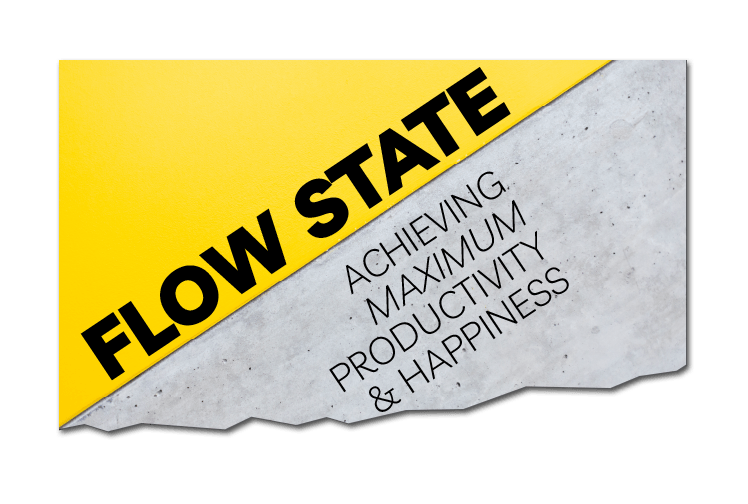
Flow State Achieving Maximum Productivity And Happiness
Call in Details
Topic: Flow State Achieving Maximum Productivity And Happiness
Time: November 21st 6:30 PM EST
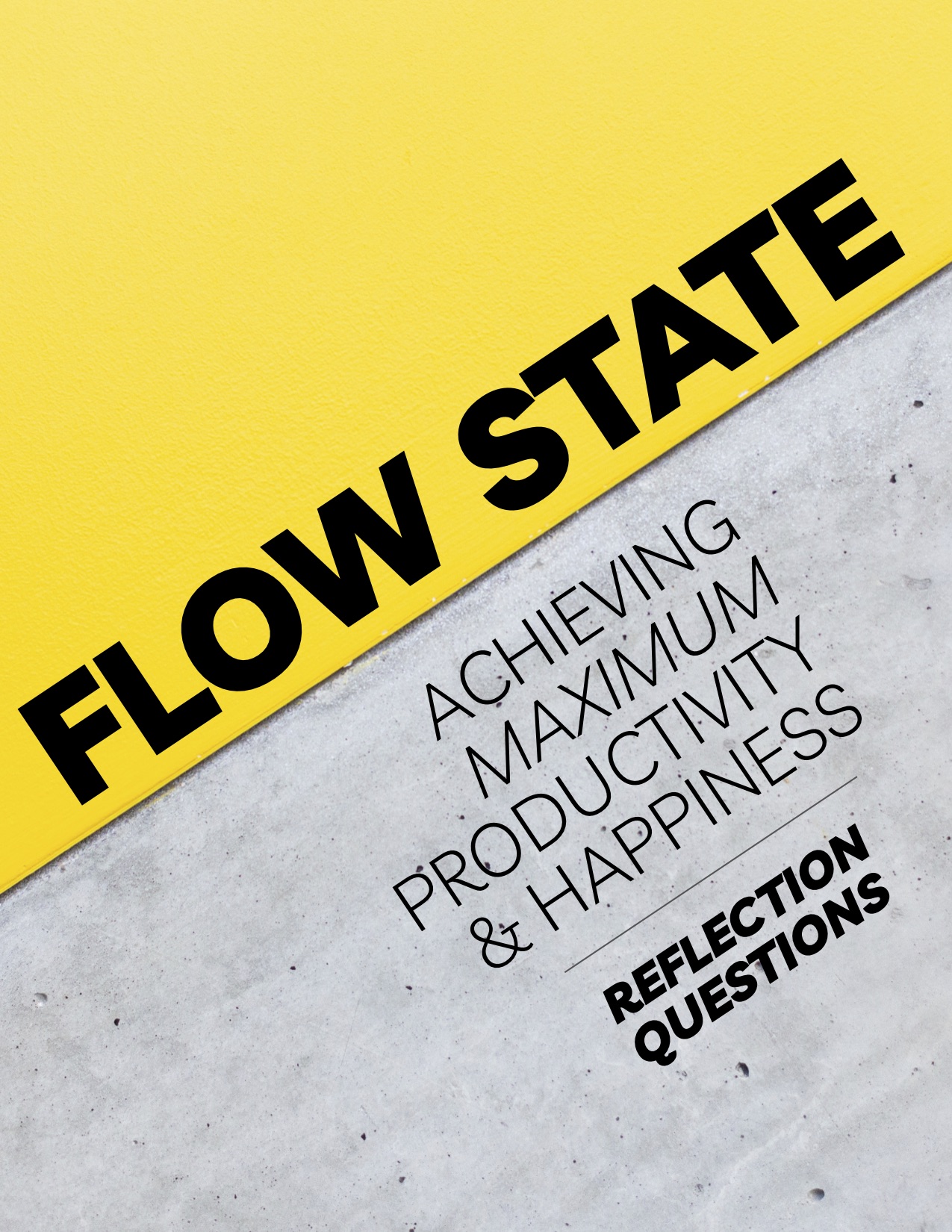
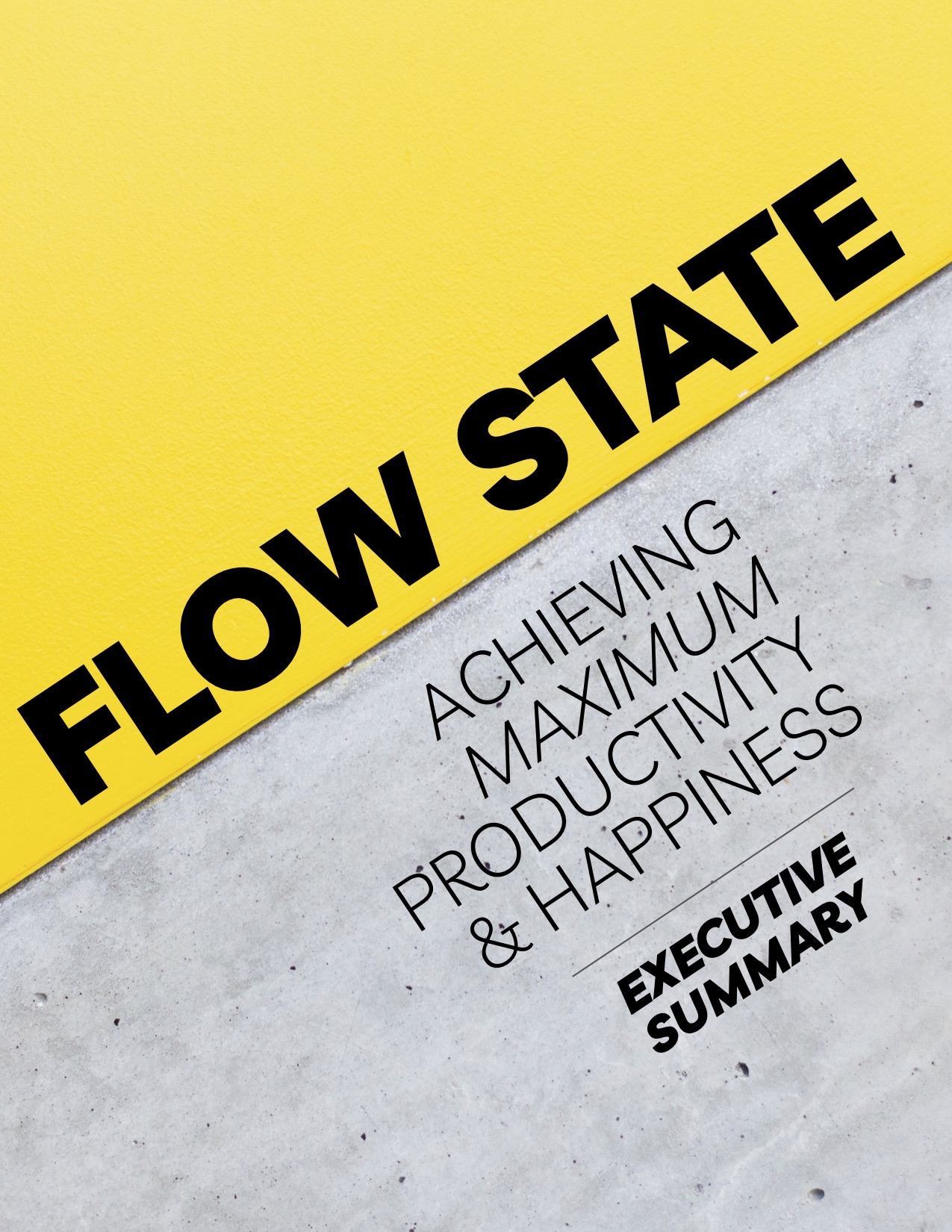

Topic: Flow State Achieving Maximum Productivity And Happiness
Time: November 21st 6:30 PM EST



Topic: 11 Ways to Practice Mindfulness without Meditating
Time: Apr 23, 2019 7:45 PM Eastern Time (US and Canada)
Dial: 1-929-436-2866
Meeting ID: 359 286 939
You can still find more happiness and peace of mind through a variety of physical and mental practices.
I engage fully in each moment. I look for ways to be more mindful in my daily life.
I meditate and pray. I strengthen my concentration skills. I notice the goods things in life and remember that my life is precious. I take responsibility for my actions.
I check in with my body and mind. I scan my back and shoulders for signs of tension. I relax my muscles and correct my posture. I let go of resentments and disappointments.
I acknowledge my thoughts without making judgements. I notice my mental chatter without clinging or rejection. I accept things as they are. I replace judgments with curiosity and love. I regard myself and others with compassion.
I connect with what is going on around me. I listen to my senses. I sharpen my awareness.
I give each activity my full attention. As I wash dishes, I notice how the soapy water warms and softens my hands. As I eat dinner, I savor each mouthful of food and drink. I delight in the flavors and textures.
I reflect on my purpose. I explore the meaning behind my choices. I align my actions with my values. I invest my energy in the things I care about.
Today, I am open and accepting. I feel vital and alive. I focus my attention on what I am experiencing right now. As my mind expands, my peacefulness and clarity grows.

Topic: Living Life on Purpose Group Coaching master Mind Understanding Our Goals
Time: Mar 24, 2019 5:00 PM Eastern Time (US and Canada)
Meeting ID: 380 097 899
Nothing gives a person inner wholeness and peace like a distinct understanding of where they are going.
Fulfilment is a right and not a privilege. Finding fulfilment in life starts with understanding exactly WHY you do what we do.
Once you understand your WHY, you’ll be able to clearly articulate what makes you feel fulfilled and to better understand what drives your behavior when you’re at your natural best.
When you can do that, you’ll have a point of reference for everything you do going forward. You’ll be able to make more intentional choices for your business, your career and your life. You’ll be able to inspire others to buy from you, work with you and join your cause.
Finding the right direction in life is an existential problem for all of us.
What do you look forward to in life? Living without purpose is dangerous.
You can’t put time on it. You can’t force yourself to find your “why” tomorrow or next month, or even next year. But by all means, search for clarity and move closer to the life you crave.
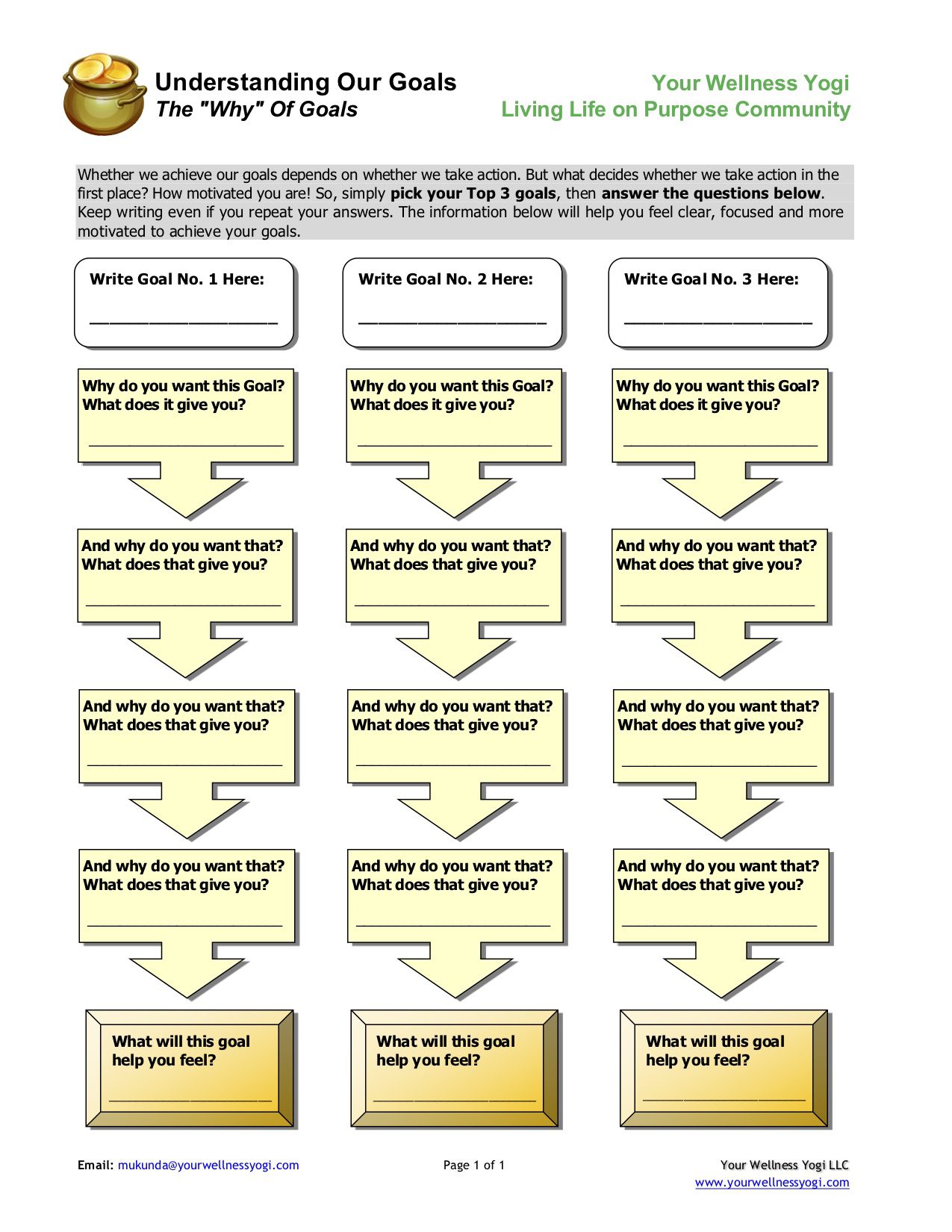
Use what you write as a way to pinpoint areas you are constantly exploring. Evaluate your results constantly.
What actions, thoughts, beliefs, and behaviors are you attracted to the most?
The key is to do more of what you enjoy and brings out the very best in youand you will continually clarify what it is that you want to do, be and have in life.

It Affects Your Physical Health
While self-pampering doesn’t always lead to major improvements in overall health the way healthy diet and exercise do, the relaxation you get from it can trigger the relaxation response, which can prevent chronic stress from damaging your health, so in a sense, self-care is good for you inside and out.
It Affects Your Emotional Health
Taking time out to care for yourself can remind you and others that you and your needs are important, too.
Having a well-cared-for body can make you feel good about yourself and your life, and conveys to others that you value yourself. This can contribute to long-term feelings of wellbeing.
It Makes You a Better Caregiver
People who neglect their own needs and forget to nurture themselves are at danger of deeper levels of unhappiness, low self-esteem, and feelings of resentment.
Also, sometimes people who spend their time only taking care of others can be at risk for getting burned out on all the giving, which makes it more difficult to care for others or themselves. Taking time to care for yourself regularly can make you a better caretaker for others.
The Importance of Self-Care
There are several different ways to focus on self-care, many of which involve making time to get enough sleep, prioritizing healthy meals, ensuring a balance of leisure time in your schedule, and making time for friends. A simple but often overlooked form of self-care is having a self-pampering experience on a regular basis in your own home.
Taking a few hours for a spa experience and some much-deserved self-care is also an effective way to manage stress for the following reasons:
It Gives You a Break from Stress
Taking a break amidst a tub of warm bubbles or under the warm hands of an experienced masseuse can help you feel like you’re escaping a stressful reality and taking a mental and emotional vacation.
As previously mentioned, it triggers the relaxation response and allows you to come back to the reality of your life feeling refreshed and relaxed.
It Gives You Time Alone
While different people have varying degrees of introversion and extroversion, having some time alone is important for most people’s functioning.
When you’re relaxing by yourself, it’s much easier to slip into a state of quiet meditation, enjoy some self-reflection, or let your problems work themselves out in the back of your mind, without taking all of your focused concentration.
It Offers Soothing Feelings
Giving your body some special treatment is a natural way to relieve stress. Other than keeping your skin soft and your body in good repair, spa-related activities like massage and warm baths have been known to soothe even small colicky babies like nothing else.
Such activities continue to be effective tools for relaxation as we get older, but we sometimes forget to utilize them.

Topic: What Do You Need To Let Go Of?
Time: Jan 27, 2019 4:30 PM Eastern Time (US and Canada)
One tap mobile
+16699006833,,484681672# US (San Jose)
+19294362866,,484681672# US
Two Buddhist monks return to their monastery after the rains. They reach a swollen river and in front of them is a beautiful woman in a delicate silk kimono, distressed because she is unable to cross the river by herself.
The older monk scoops her up, carries her safely to the other side and the two monks continue on their way in silence. Later, as themonks reach their destination, the younger monk having fumed for the last 5 hours finally bursts out, “How could you do
it?
We’re not allowed to touch a woman!”
The older monk, surprised, replies, “I put her down 5 hours ago, but you are
still carrying her with you.”
Holding on to pain doesn’t fix anything. Replaying the past over and over again doesn’t change it, and wishing things were different doesn’t make it so. In some cases, especially when it comes to the past, all you can do is accept whatever it is you’re holding on to and then let it go.
That’s how everything changes. You have to let go of what is hurting you, even if it feels almost impossible. Deciding to hold on to the past will hold you back from creating a strong sense of self — a self that isn’t defined by your past, but rather by who you want to be.
Oddly enough, painful feelings can be comfortable, especially if they’re all you know. Some people have trouble letting go of their pain or other unpleasant emotions about their past, because they think those feelings are part of their identity. In some ways, they may not know who they are without their pain.
This makes it impossible for them to let go.
Letting go is not as hard as it may seem. Bad things happen, sure, but you cannot change the past, so why continue to perpetuate it? The key to letting go of a relationship or a painful past experience is that you have to face what has happened, accept that you can’t change it and then move on.
Once you’re able to move on and close old doors, inevitably new doors will open up, better opportunities will arise and, most of all, you’ll have a better story that moves you forward, instead of holding you back. Start writing your new story today.
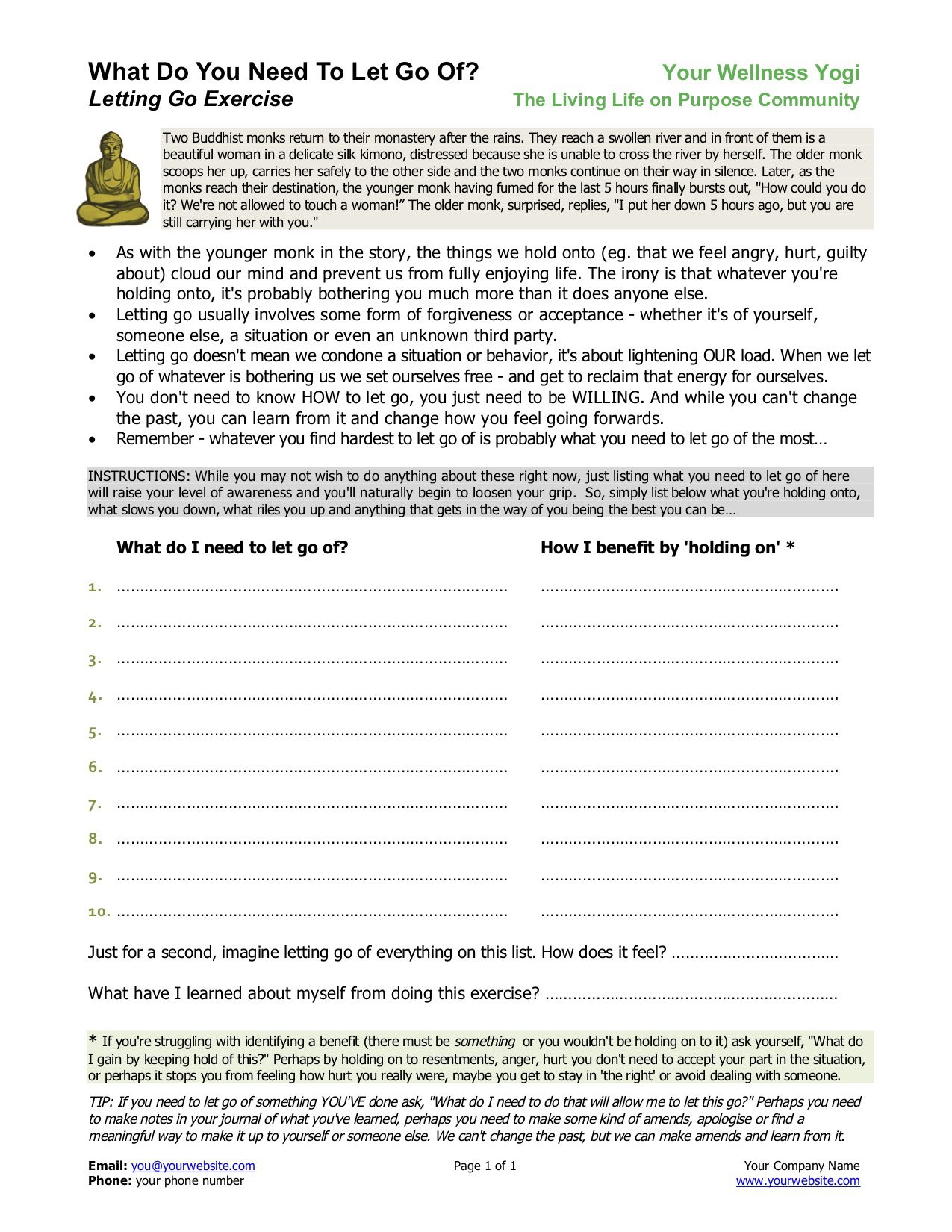
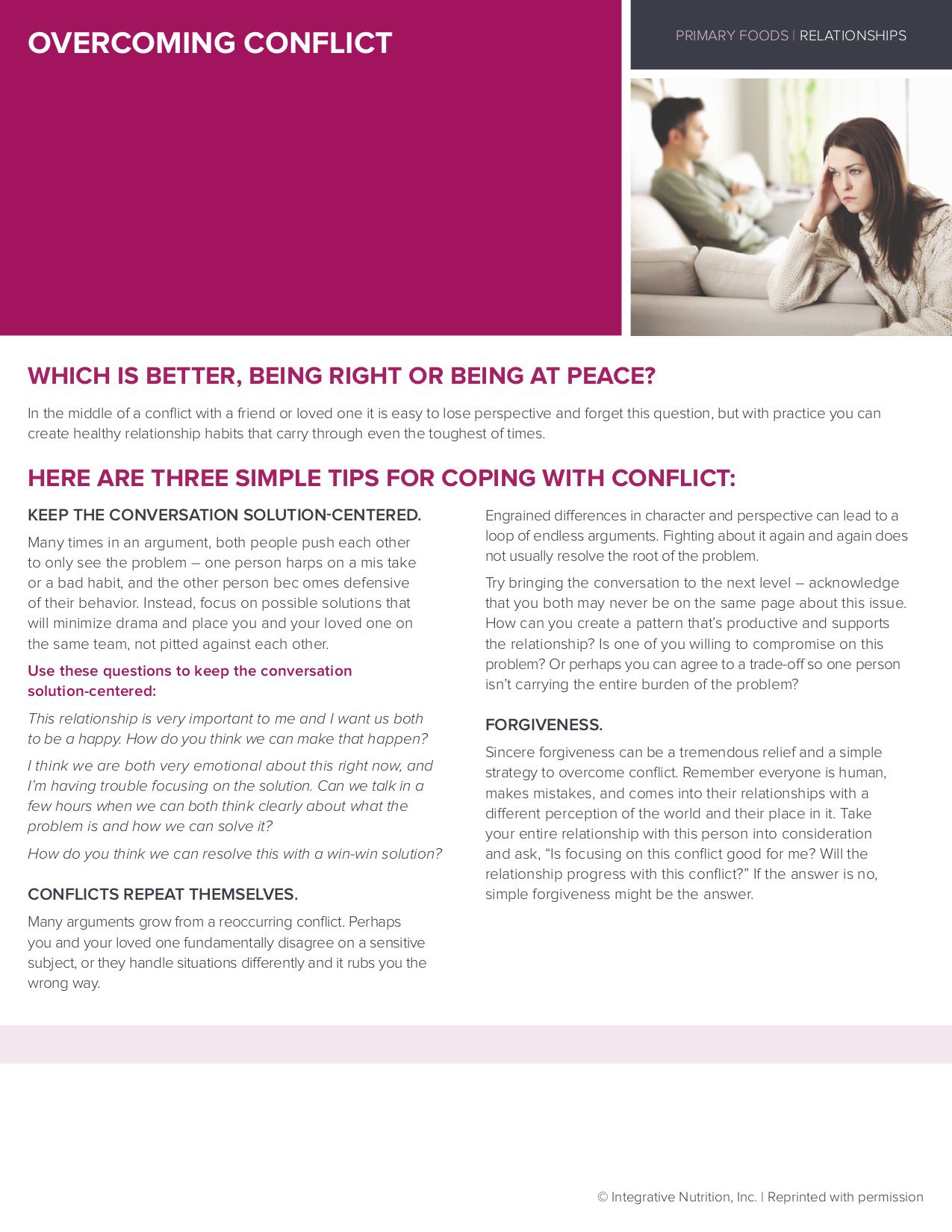

When people have a vision for their lives it makes everything easier, from goal-setting, prioritising actions and day-to-day activities to making tough decisions. In addition, when your goals align with your vision you become more motivated.
You could say that the whole human endeavour is geared towards setting and achieving goals. Goals are part of every aspect of life: how you conduct your relationships, what you want to achieve at work, the way you use your spare time… Everything comes down to priorities, and what you would like to accomplish in every aspect – whether you make a conscious choice or go with subconscious preferences.
Without setting goals or objectives, life becomes a series of chaotic happenings you don’t control. You become the plaything of coincidence. Accomplishments like sending someone to the moon, inventing the iPod are the result of a goal that was set at some point. A vision that was charted and realised.
What is SMART goal setting?
SMART goal setting brings structure and trackability into your goals and objectives. In stead of vague resolutions, SMART goal setting creates verifiable trajectories towards a certain objective, with clear milestones and an estimation of the goal’s attainabililty. Every goal or objective, from intermediary step to overarching objective, can be made S.M.A.R.T. and as such, brought closer to reality.
What does S.M.A.R.T. goal setting stand for?
Why not think of a small goal you want to set right now, personal or professional. To make your goal S.M.A.R.T., it needs to conform to the following criteria: Specific, Measurable, Attainable, Relevant and Timely.
S.M.A.R.T. goal setting: Specific
What exactly do you want to achieve? The more specific your description, the bigger the chance you’ll get exactly that. S.M.A.R.T. goal setting clarifies the difference between ‘I want to be a millionaire’ and ‘I want to make $50.000 a month for the next ten years by creating a new software product’.
Questions you may ask yourself when setting your goals and objectives are:
What exactly do I want to achieve?
Where?
How?
When?
With whom?
What are the conditions and limitations?
Why exactly do I want to reach this goal? What are possible alternative ways of achieving the same?
S.M.A.R.T. goal setting: Measurable
Measurable goals means that you identify exactly what it is you will see, hear and feel when you reach your goal. It means breaking your goal down into measurable elements. You’ll need concrete evidence. Being happier is not evidence; not smoking anymore because you adhere to a healthy lifestyle where you eat vegetables twice a day and fat only once a week, is.
Measurable goals can go a long way in refining what exactly it is that you want, too. Defining the physical manifestations of your goal or objective makes it clearer, and easier to reach.
S.M.A.R.T. goal setting: Attainable
Is your goal attainable? That means investigating whether the goal really is acceptable to you. You weigh the effort, time and other costs your goal will take against the profits and the other obligations and priorities you have in life.
If you don’t have the time, money or talent to reach a certain goal you’ll certainly fail and be miserable. That doesn’t mean that you can’t take something that seems impossible and make it happen by planning smartly and going for it!
There’s nothing wrong with shooting for the stars; if you aim to make your department twice as efficient this year as it was last year with no extra labour involved, how bad is it when you only reach 1,8 times? Not too bad…
S.M.A.R.T. goal setting: Relevant
Is reaching your goal relevant to you? Do you actually want to run a multinational, be famous, have three children and a busy job? You decide for yourself whether you have the personality for it, or your team has the bandwidth.
If you’re lacking certain skills, you can plan trainings. If you lack certain resources, you can look for ways of getting them.
The main questions, why do you want to reach this goal? What is the objective behind the goal, and will this goal really achieve that?
You could think that having a bigger team will make it perform better, but will it really?
S.M.A.R.T. goal setting: Timely
Time is money! Make a tentative plan of everything you do. Everybody knows that deadlines are what makes most people switch to action. So install deadlines, for yourself and go after them. Keep the timeline realistic and flexible, that way you can keep morale high. Being too stringent on the timely aspect of your goal setting can have the perverse effect of making the learning path of achieving your goals and objectives into a hellish race against time – which is most likely not how you want to achieve anything.